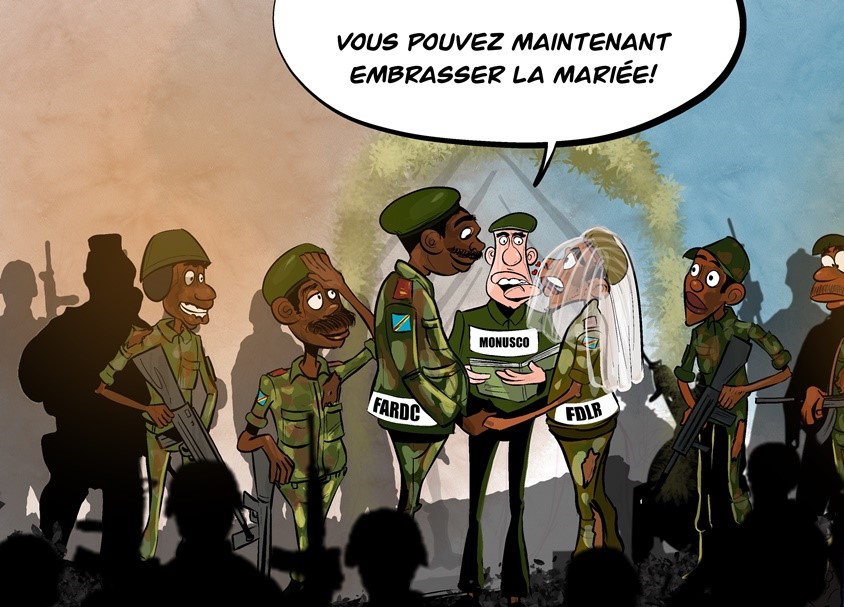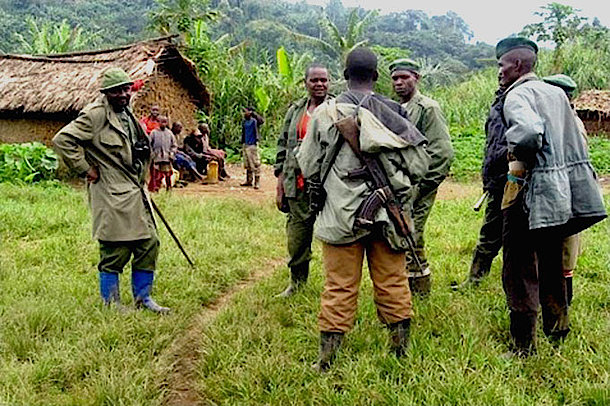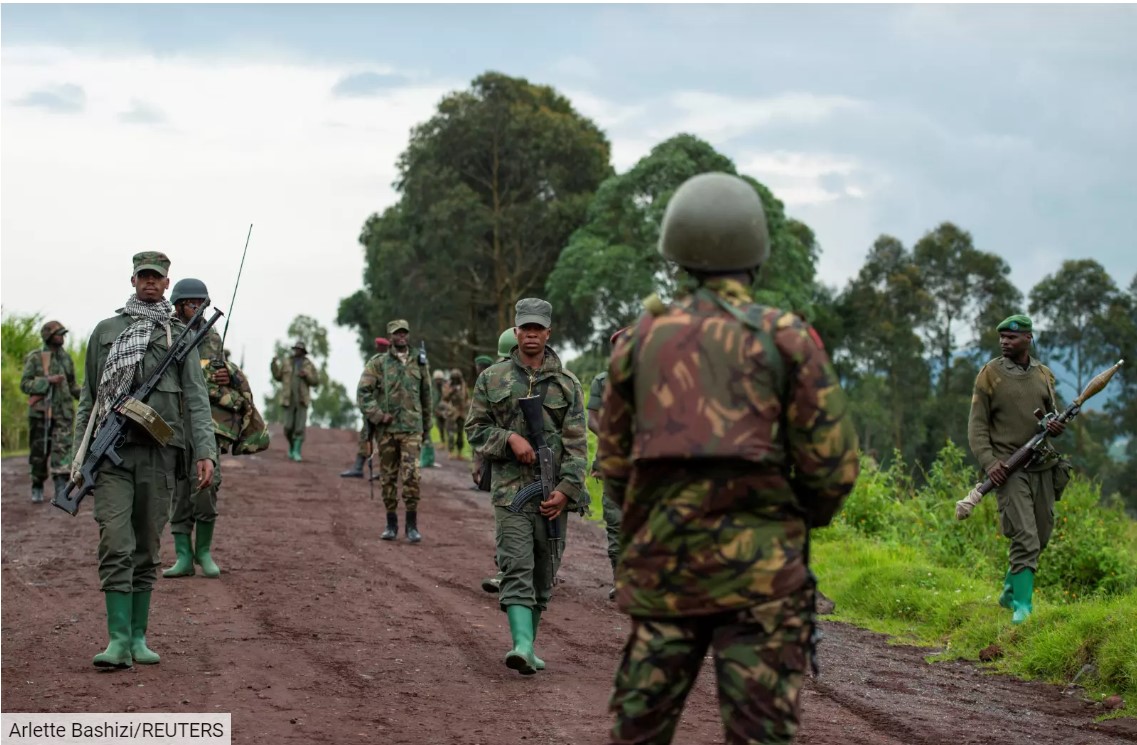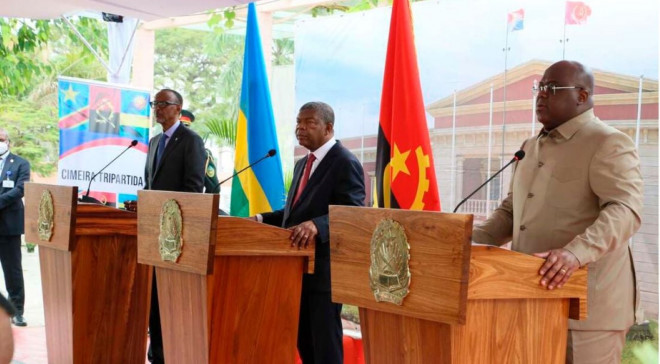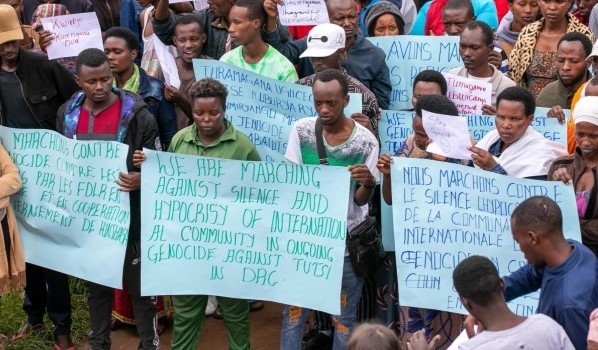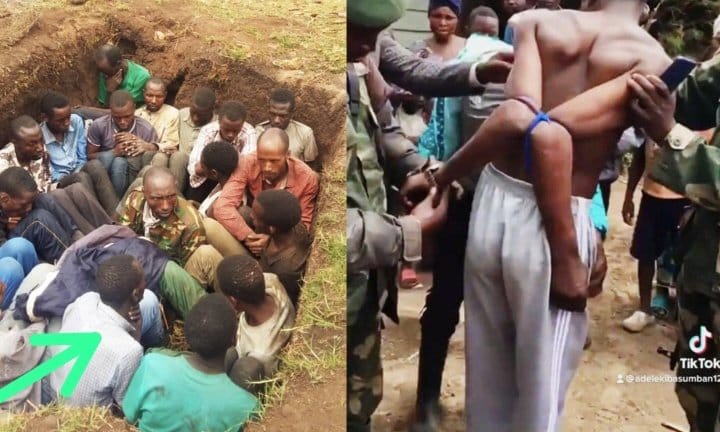Regional
Kinshasa turns back on Luanda talks, threatens to worsen conflict
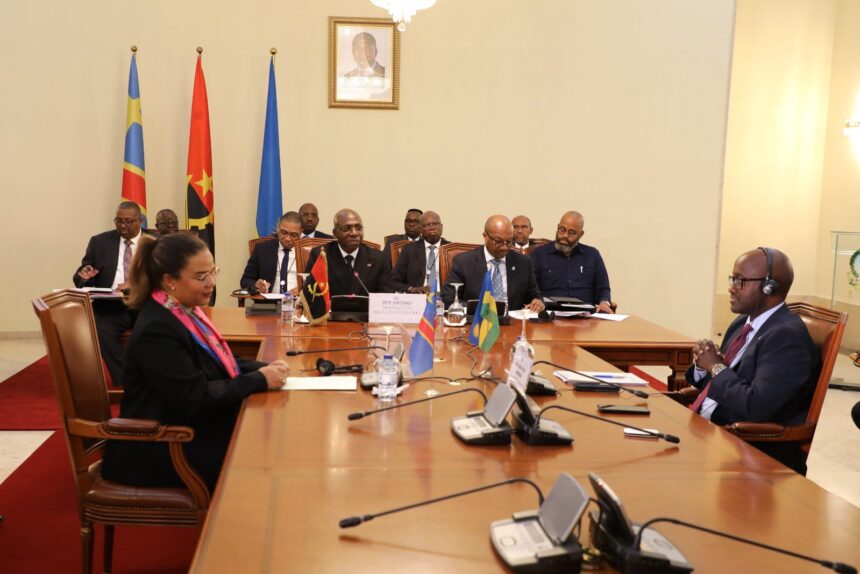
Four Tripartite Ministerial Meetings, under the Luanda Process, have been held in Angolan capital to find lasting solution for escalating conflict in eastern DRC, but Kinshasa ended up ruining the chances for peace.
The Congolese government has
again ruined the chances for peace after it requested for everything to start
from zero in the Luanda Process going on between Rwanda and the Democratic
Republic of Congo (DRC), with Angola as a mediator.
Sources confirmed to this site
that the fourth Tripartite Ministerial Meeting under the Luanda Process on
September 14, was marked with high level of disputes on a number of points
agreed on in the previous meetings.
“Congolese Foreign Affairs
Minister Thérèse Wagner rejected the harmonized plan for neutralizing the FDLR,
and lifting of Rwandan defense measures, as approved by military and
intelligence experts from the three countries on August 30 in Rubavu,” said a
source who preferred anonymity.
Backed by the African Union,
the Luanda Process was initiated in mid-2022 to address DRC-Rwanda diplomatic
tensions, which resulted from the resurgence of the M23 rebellion in late 2021.
Kinshasa accuses Kigali of
backing the rebels, an allegation the latter repeatedly denies, saying the
conflict is an internal DRC problem.
On the other hand, Rwanda
accuses DRC of harboring and arming FDLR, a terrorist group formed by remnants
of the perpetrators of the 1994 Genocide against the Tutsi in Rwanda.
“Minister Wagner also rejected
any direct dialogue with the AFC/M23 rebellion. This firmly opposes the
harmonized plan adopted by the experts, and rejects any new meeting of experts
to develop any operation concept,” confirmed another source who was present at
the meeting.
In July, Congolese President
Félix Tshisekedi accused his Kenyan counterpart William Ruto of “mismanaging”
the Nairobi Process on peace in DRC, saying “the process is almost dead”, apart
from the fact that the designated facilitator, Uhuru Kenyatta, has stayed on.
He said, “Kinshasa was only
depending on the Luanda Process”, which is led by Angolan President João
Lourenço.
All this time, the Congolese
government pretended to be abiding with the Luanda Process. By boycotting the
Luanda talks, Tshisekedi’s long-lasting agenda of choosing war over peace is in
no longer incognito.
“Minister Wagner’s rejection
of all the developments in Luanda Process implies that Tshisekedi’s government
does not worry about escalating the conflict in eastern DRC,” said a regional
security analyst.
Ever since it was initiated,
regional security observers believed that Tshisekedi would not support the
Luanda process because it requires him to dialogues with AFC/M23 rebels whom he
branded “terrorists”.
The process further requests
Kinshasa to neutralize FDLR, a genocidal force Tshisekedi has been relying on
in fighting with the rebels, and plotting attacks to destabilize Rwanda which
he branded “a bad neighbor”.
The FDLR has been integrated
in ranks of Congolese national army. The genocidal militia and its splinters
are considered by Kinshasa as a reliable fighting force against AFC/M23
rebellion, since DRC’s army is too weak to defeat the rebels.
Amid all the questionable practices of the Congolese government towards regional efforts in finding a lasting solution to the decades-long conflict in eastern DRC, Tshisekedi is integrating genocide convicts into FDLR, which has been armed, supported, and is now working with his army, in hopes of causing ‘regime change’ in Kigali - the genocidaires’ wish for long.



